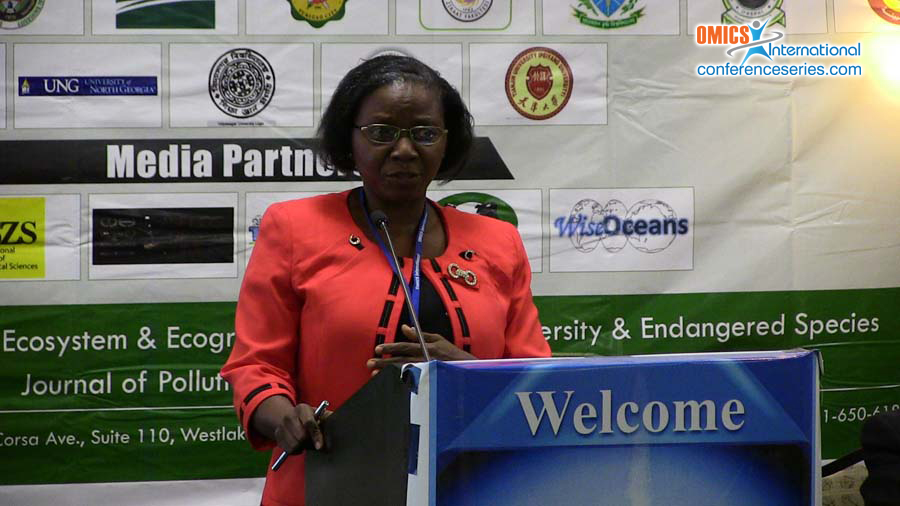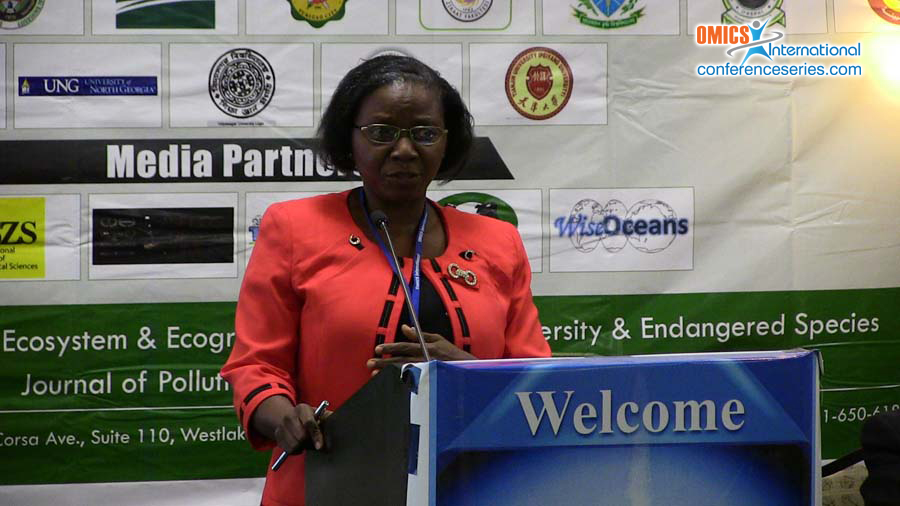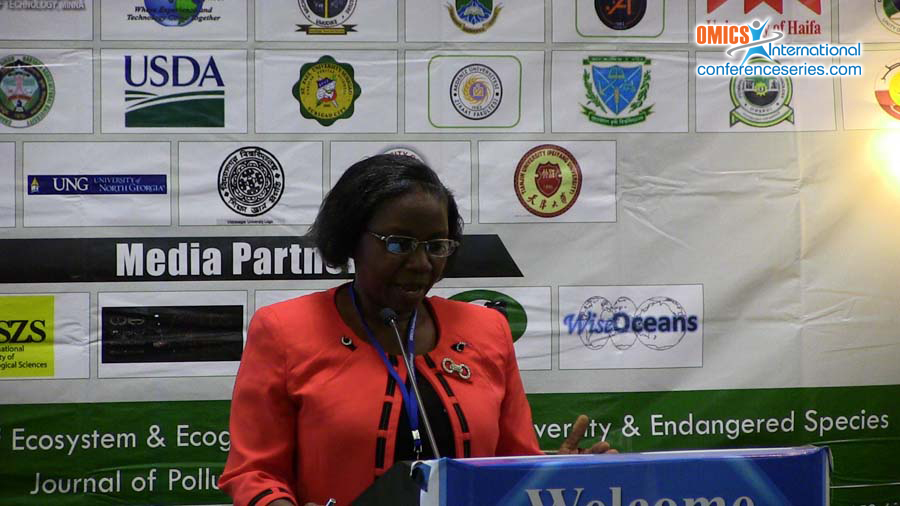
J I R Udotong
University of Uyo, Nigeria
Title: Toxicity of heavy metals and effect of their concentrations on biological productivity and diversity in freshwater ecosystem
Biography
Biography: J I R Udotong
Abstract
Toxicity of copper (Cu), iron (Fe) and lead (Pb) to tilapia fish was conducted using the simple arithmetic graphic method. In each experiment, a control (distilled water) and graded concentrations of the test metals were used. Observations for fish mortality and subsequent removal of dead fishes were made hourly for 4 days. Percent mortality was calculated for each of the heavy metals and 96-hr LC50 for Cu, Fe and Pb for tilapia fish were determined to be 0.44 mg/l, 0.96 mg/l and 2.85 mg/l, respectively. Of interest was the result obtained on biological productivity in the Aquaria containing 2.85mg/l of Pb within seven (7) days from the start of the experiment. Biological productivity and thus high diversity were observed in the case of Cu and Fe when the period was lengthened to fourteen (14) days. As against scientific believe that Pb is highly toxic to humans, this study showed that Pb pollution in a freshwater ecosystem encourages high rate of biological productivity and thus high diversity; thus confirming that heavy metals have differing effects on biological productivity and diversity in the ecosystem. Lead (Pb), whose response is dictated by the dose which may depend on mobility and bioavailability, was therefore identified by this work as a trigger factor to eutrophication.
Speaker Presentations
Speaker PDFs
Speaker PPTs Click Here



